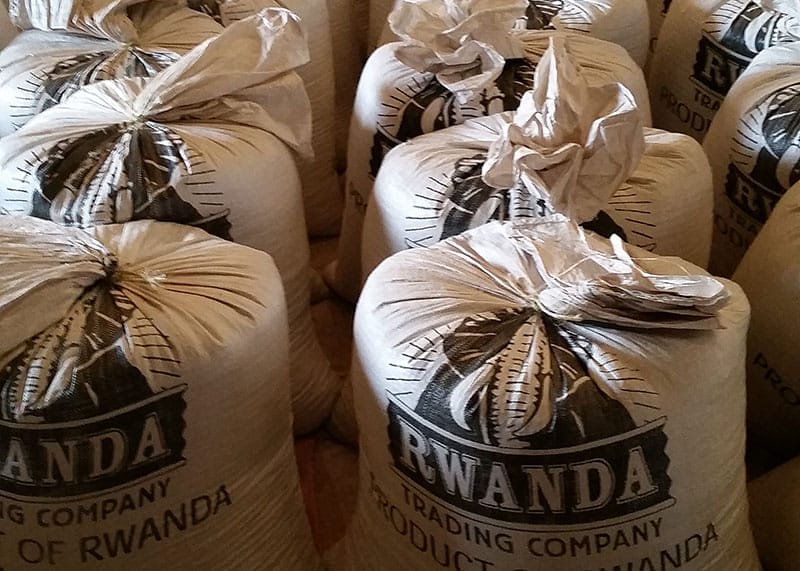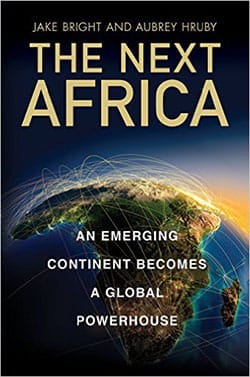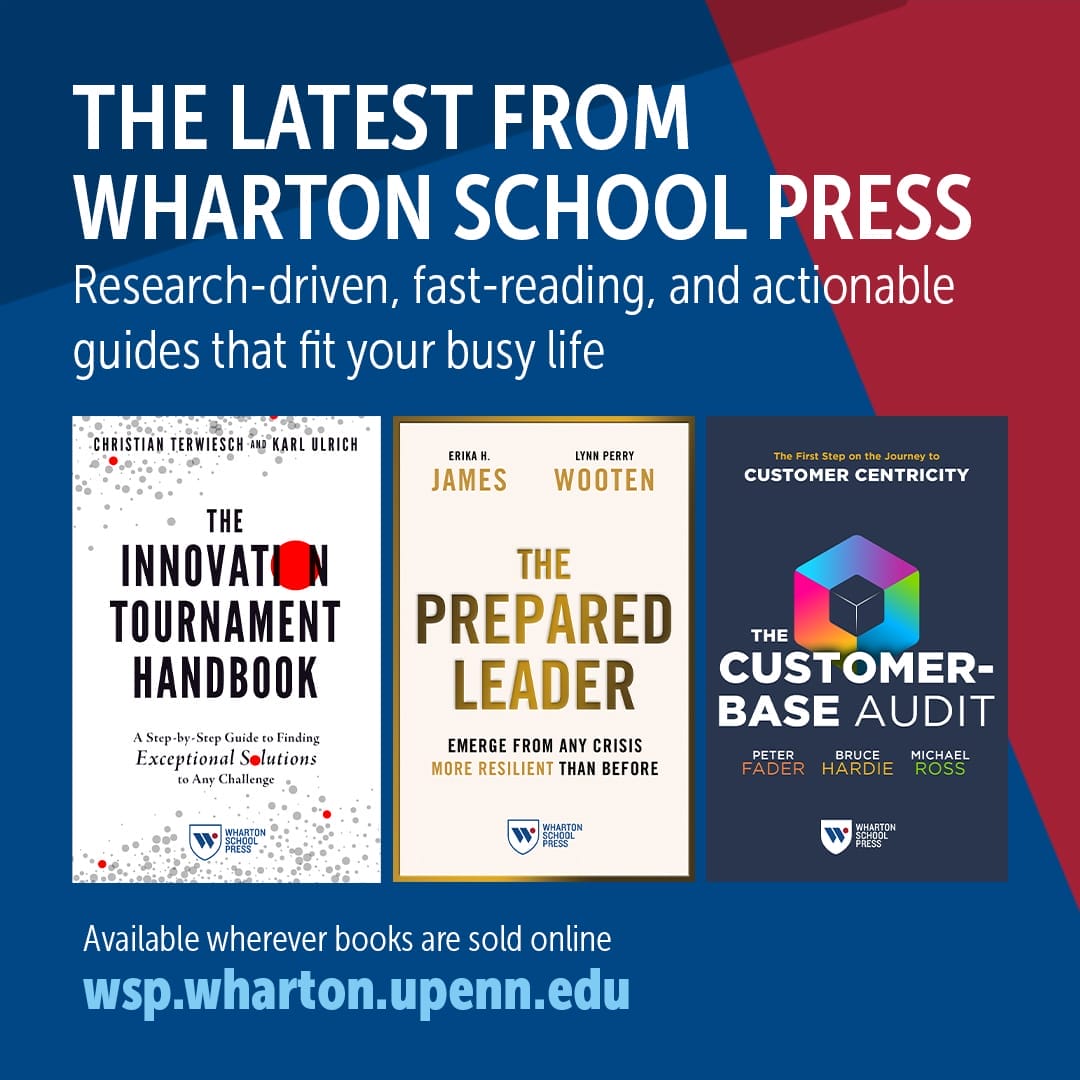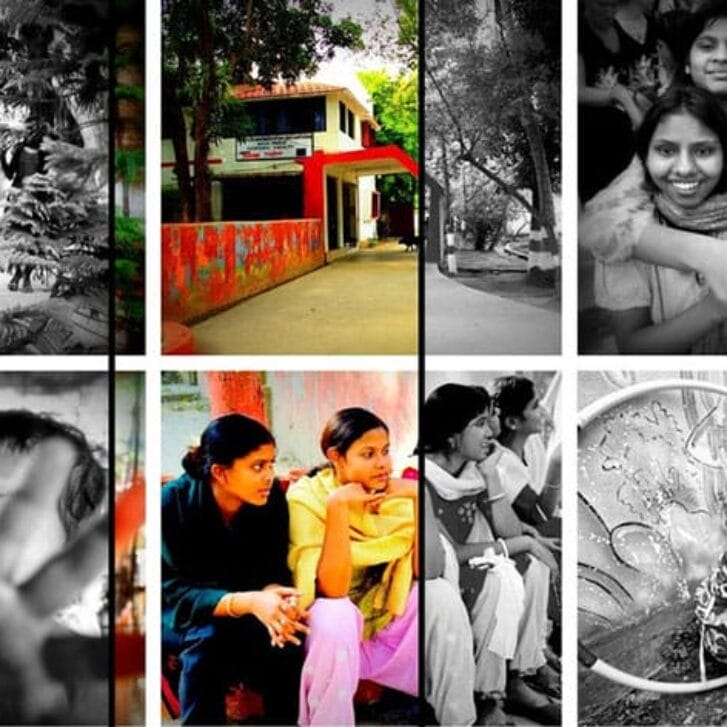If you’re lucky, you’ll catch Aubrey Hruby WG15 on her fall book tour. The Next Africa was released in July to coincide with President Barack Obama’s trip to Kenya, and Hruby followed up its publication with a visit to Nairobi, Washington and San Francisco. When we spoke with her a couple of weeks ago, she was working on upcoming tour stops in New York City, Washington (again), Boston and Chicago, as well as a stop in Philadelphia in November for the Wharton Africa Business Forum.
“Then somehow I will need to sneak in London, Lagos and Johannesburg by the end of the year,” she says.
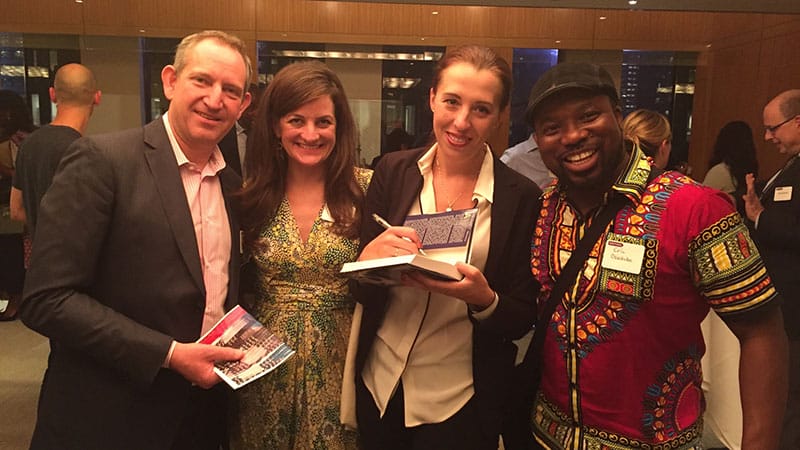
Aubrey Hruby at her New York City book signing event for “The Next Africa.” (She’s the one signing the book.)
What you’ll get if you can sneak in a face-to-face with Hruby and co-author Jake Bright is a realistic insight into how business gets done on the African continent. For experts in the audience, they will appreciate the nuance of the portrayal; it’s not all positive. Readers don’t get the simplistic African story peddled typically in the media—it’s not an “Africa miracle” story or an “African apocalypse” either, Hruby explains. The story of Africa is one in which new millionaires are minted by the day in Nigeria and at the same time people are dying to flee African countries for Europe.
For nonexperts looking to learn more about business in Africa, they can consider The Next Africa as a primer, an introduction to the last 15 years of African business history.
What’s great for all audiences is that the book isn’t “wonkish,” Hruby promises. There are sections on the creative side of African business, with chapters on fashion, film and music, offered by her co-author, writer and consultant Bright.
Particularly neat for the Wharton audience is that the book coincided with Hruby’s time in the Wharton MBA for Executives Program (WEMBA) from 2013 to 2015. Simultaneously, she was working full time on her two startups: Noveni Advisors, with which she provides companies seeking to do business in Africa with market entry strategies and local partners, and the Africa Expert Network, a platform that provides investors access to experts across 30 African nations and multiple sectors. And she served (and still does) as senior fellow at the Atlantic Council’s Africa Center. (Her interest in Africa began as a college student when she attended a conference in Cairo, then moved there for three years.)
Despite her packed WEMBA schedule—more on that here—Hruby pursued book writing in large part because it was a lifelong dream. As a child, Hruby knew she would write a book someday. She has been friends with Bright for a long time, sharing passions about changing American viewpoints on Africa, ties to the state of Colorado and memories of grandfathers who served in the military. When they would talk, they would always point to the multitude of books about business in China, and they would say, “Any day now, there’s going to be an Africa business book.”
In mid-2012, when they still couldn’t find such a book yet, one of them said to the other, why don’t we write this book (Hruby isn’t sure which of the two of them it was) and the other couldn’t think of a good reason why not. Then they realized another common trait—they’re both scrappy types who don’t take no for an answer. So when they fielded the idea of writing the book by friends, colleagues and acquaintances and received a lot of no’s, that encouraged them to push forward.
They spent the better part of the next year researching the book business. Through 2012 and into 2013, they debated whether self-publishing or mainstream publishing was the right route. They pursued mainstream because they figured they could always self-publish later. In 2013, they tapped their network to find and get referred to book agents. Then came the work of writing a business book proposal—with its 100-plus pages of market research, target audience, sample chapters, book outline, author bios and more—and the shopping of it to publishers. The relief of a book deal came, followed by the realization that they would then have to write it, which she did over late nights and constructive disagreements and debates by phone with her co-author—all while working during the daylight hours and taking Wharton MBA courses every other weekend in Philadelphia.
“I am so glad I didn’t do that alone,” she says of writing and her co-author.
The book publishing process was a “rich learning experience” on its own, she says, and she appreciates the “extended business card” aspect of it, the credibility it imparts on her larger business goals—though she adds that she is too extroverted to ever become a full-time writer.
She does not seem to be one to sit around and contemplate. If her two startups and a busy book tour were not enough, she is also advising the Wharton Social Impact Initiative (WSII) about the right avenues for Wharton to have more impact in Africa. Oh, and then there’s that book tour to attend to.




















